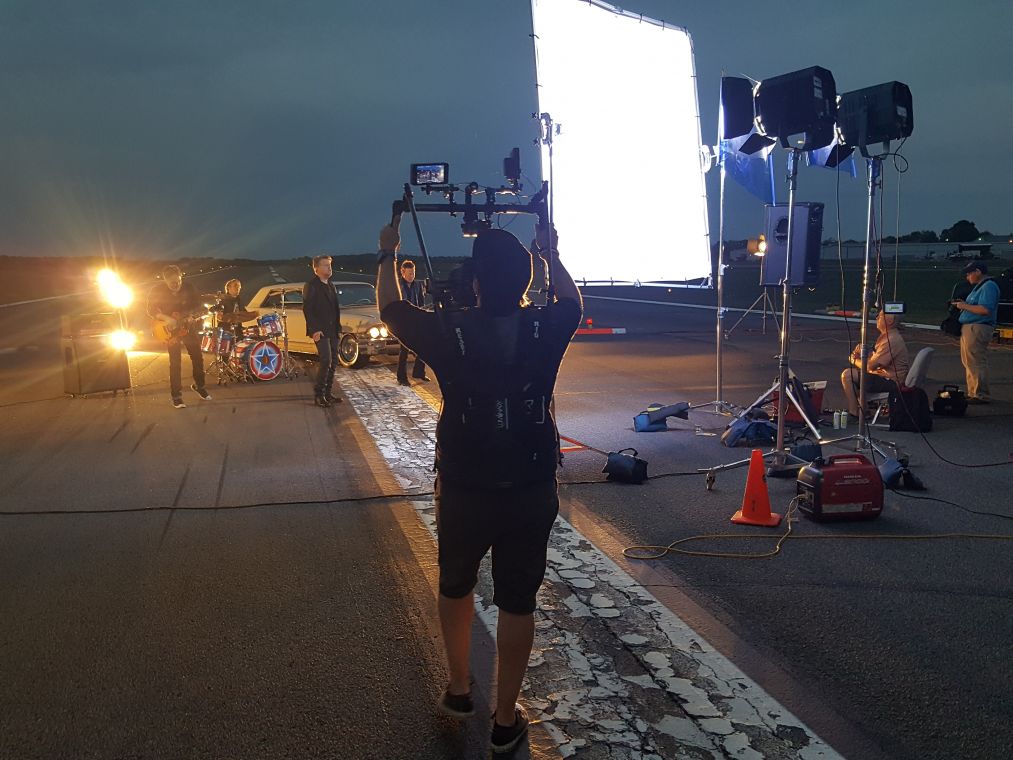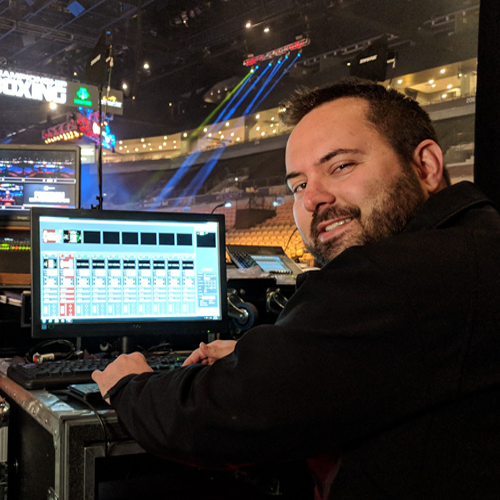Illuminating a stadium is no easy task and lighting will depend on whether the event takes place during the daylight or nighttime hours. Around the world, those attending activities ranging from concerts to premiere sporting events are seeing a change from the HID lights that have been used for decades to the new, eco-friendly LED light technology that provides an enhanced experience for fans.
Metal Halide
Metal halide lights are a form of high-intensity discharge (HID) lamps. For years, metal halide lamps were standard fixtures in stadiums. It’s the type that was used during the Super Bowl Sunday blackout of 2013 that suspended play for over 30 minutes.
The drawback to the light source is that they require a warm-up time that can take 30 minutes. They provide a bright, white light that’s desirable for illumination, but they have a relatively short life span.
Metal halide also has a long cool down time if bulbs have to be changed. When a bulb malfunctions, all the lights automatically go off. Color distortions are also a problem as the bulbs age. HIDs generate UV rays, contain mercury, and they’re expensive to operate.
LED Lights
Light-emitting diodes (LEDs) produce the bright, white light required for illuminating large venues at a fraction of the cost of HIDs. The cost savings was the motivating factor for many stadiums to convert to LEDs. They produce light by moving electrons around in a semiconducting material rather than the filament in HIDs.
They have a much longer lifespan than other types of lighting and are ready instantly when illumination is needed. If an LED malfunctions, it doesn’t affect the rest of the bulbs. The bulbs are also less likely to be damaged should they be bumped or jostled. They contain no mercury or similar materials and can be recycled.
Light shows are just one of the benefits that LED lights provide, along with enhanced visibility for those on the field. LEDs can produce multiple colors without the use of expensive filters. A bank of LEDs is much lighter in weight, easier to set up, and can be combined with control boards to produce a wide array of effects at a moment’s notice, making them extremely versatile and beneficial for stadium usage.


